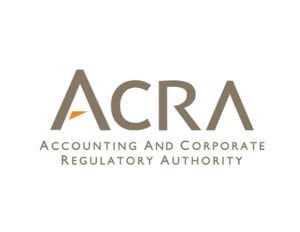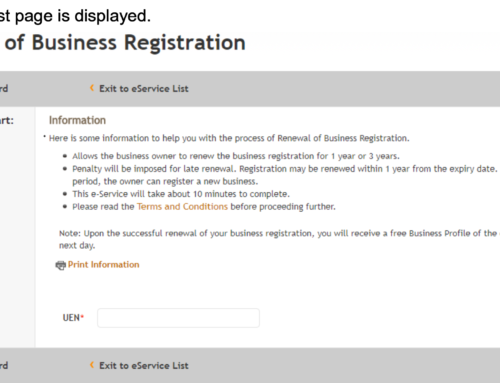Looking to start a business? Here is a quick guide on the process of company formation in Singapore. To start with, perhaps it is best to understand exactly what the definition of incorporation is. Investopedia defines incorporation as “the legal process used to form a corporate entity or company”.

The result of this process is the formation of a new company (or corporation) – an entity that conducts business, with a separate identity from its owners or investors.
Incorporation is the first step in the process of company formation in Singapore. There are numerous advantages to incorporating a company, including additional security for the owners, increased credibility for the organisation, as well as tax benefits for certain types of corporations.
Incorporation vs. Corporation: What is the difference?
Many people confuse incorporation with corporation and use the terms interchangeably. However, there are significant differences between the two. Primarily – the term corporation refers to the final product, or the organisation formed after the process of incorporation, whereas incorporation is the name given to the process of formation of the organisation. So, the latter is more of a process, while the former is the product as a result of the process.
There are several types of corporations—for example, business corporations (such as Google, DBS, Singtel, etc.), charitable corporations (SPCA, Singapore Red Cross, etc.), sports corporations, and more.
Here are some more aspects that can help to understand the concept of incorporation vs. corporation:
- Lifecycle. Incorporation begins when a certificate of incorporation is issued until the corporation is finally formed. A corporation continues to exist as long as it can grow its wealth and pay back its debt. It ceases to exist if it is unable to do so.
- Objectives. The primary objective of incorporation is to enable a business to function while reducing the liability of its owners. Depending on the type of corporation, its objectives can range from increasing profits to fulfilling social objectives, or any other goals.
- Operations. Corporations are independently responsible for carrying out daily operations relating to the business. Incorporation refers only to the legal steps that are intended to safeguard the interests of the business owners.
Process of Company Incorporation in Singapore
Now that we have discussed incorporation vs. corporation, it is time to delve into the process of incorporating a company in Singapore. There are several steps to this process, and they can differ depending on the type of company. For the purpose of this guide, we will look into the process of incorporation of a private entity, which is the most common type of business entity in Singapore.
A private corporation is limited by shares, which means that it has a separate legal identity from its shareholders and is not recognised as a taxable entity. Therefore, shareowners of a private company are not liable for its losses beyond their investment,
The incorporation of private companies in Singapore is governed by the Accounting and Corporate Regulatory Authority (ACRA) under the Companies Act. The process of incorporation is not complicated and can be completed in as quickly as a day, as long as the correct documents are provided at the time of the application submission.

For a detailed list of documents that need to be provided at the time of company incorporation, please refer to our article on business registration in Singapore. However, to summarize, the basic information required are:
- Company name
- Shareholder structure
- Company director
- Company secretary
- Paid up capital
- Registered address
Following the submission of documents that prove the above mentioned, the company application for incorporation can either be approved, or ACRA can request additional supporting documents.
With our experienced team at CorpXervices, you’ll get assistance on every step of the process. We help you fulfil the requirements so you can successfully incorporate your business. Read more about our incorporation services for further info.











Leave A Comment